Dallas
214-456-2382
Fax: 214-456-6133
Plano
469-303-4400
Fax: 469-303-4420
Referrals
Request an Appointment with codes: Cancer and Blood Disorders (CCBD)
At Children’s Health, we see children with all types of lymphoma and can provide treatment at each stage of the disease. By collaborating with a specialized team of radiation specialists, surgeons and oncologists, we’re proud to offer the latest treatments – including leading-edge clinical trials – for your child.
214-456-2382
Fax: 214-456-6133
469-303-4400
Fax: 469-303-4420
Request an Appointment with codes: Cancer and Blood Disorders (CCBD)
Lymphoma is a cancer of the lymphatic system, a group of tissues and organs that help the body get rid of toxins. It is a type of cancer that starts in white blood cells called lymphocytes. These cells are part of your lymphatic system, which helps defend your body against infections.
There are two main types of lymphoma: Hodgkin’s and Non-Hodgkin’s. We treat all types and stages of both types.
Doctors diagnose Hodgkin’s lymphoma by looking for a specific cell called a Reed-Sternberg cell. Hodgkin’s lymphoma affects kids and teens more often than non-Hodgkin's lymphoma. It typically begins in the neck, chest or other places in the upper body. These cancers are typically caught early and are very treatable.
Non-Hodgkin's lymphoma includes all lymphomas where there is no Reed-Sternberg cell in the cancerous tissue. This includes Burkitt lymphoma, diffuse large B-cell lymphoma and anaplastic large-cell lymphoma. This cancer is rare in kids and teens, but more common in adults.
An enlarged lymph node, or bump in the neck or clavicle that doesn’t go away, are the biggest signs of lymphoma in a child. Kids may also experience:
Typically, pediatric lymphoma is diagnosed with a biopsy (a procedure where your child’s doctor removes a few cells from the tumor to be examined by a laboratory). Depending on the type of lymphoma, we might also do the following:
Like most childhood cancers, scientists don’t know what causes lymphoma. There’s nothing you could’ve done to prevent your child from getting this cancer.
Lymphoma is very treatable and cure rates are high for many types of lymphoma. At Children's Health℠, we’ll create a customized treatment plan for your child. This plan may include chemotherapy or radiation. It may also include CAR-T cell therapy, where we’ll program your child’s T cells (which play an important role in the immune system) to attack the lymphoma.
Our team has worked with experts around the world to develop the best possible treatments for childhood cancer. We use the same protocols and standards you’d find at other leading hospitals and offer access to clinical trials of innovative treatments.
We treat this cancer with chemotherapy and sometimes, radiation. The goal is to give enough therapy to cure the lymphoma with as few side effects as possible. After chemotherapy, we’ll do a PET scan, to see if this medicine has eliminated the cancer cells. Some children may need additional radiation therapy, while others will only need chemotherapy.
We typically treat all types of Non-Hodgkin’s lymphoma with chemotherapy. In most cases, we don’t use radiation for these cancers.
Some children’s lymphomas relapse, which means it comes back after their initial treatment. Our team is working to create the next generation of therapies to create more options for these kids and take out their cancers for good. We may use a combination of chemotherapies to target relapsed lymphomas. We may also use CAR T-cell therapy.
We have a team of hematologists, oncologists, radiation specialists and psychologists who can provide access to the latest, most effective treatments. The doctors at Children’s Health are also on the faculty at UT Southwestern Medical Center. This means they have specialized training and experience to give your child the best opportunity for a healthy future.
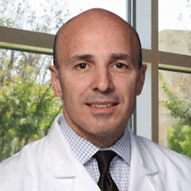
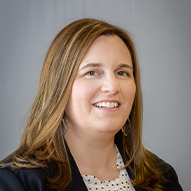
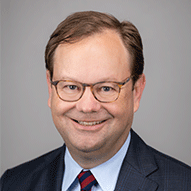
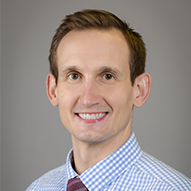
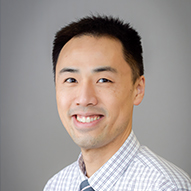
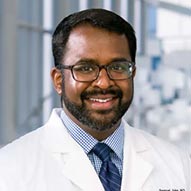
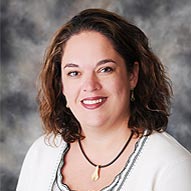
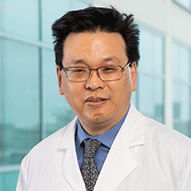
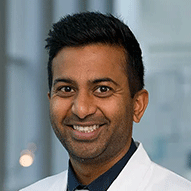
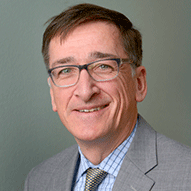
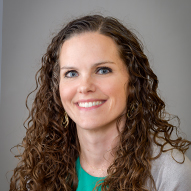
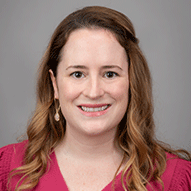

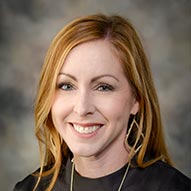
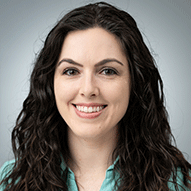
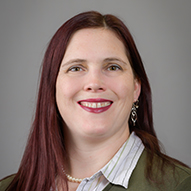
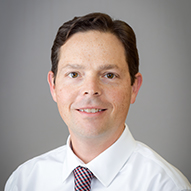
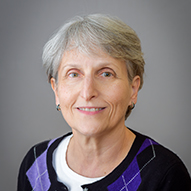
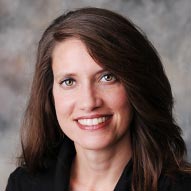
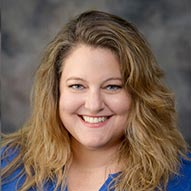
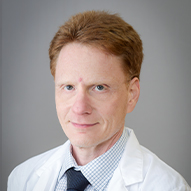
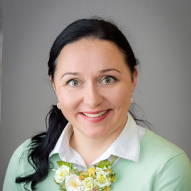
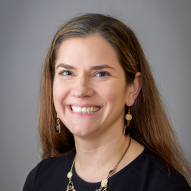
Lymphomas are the third most common childhood cancer. Around 800 kids and teens are diagnosed with lymphoma each year.